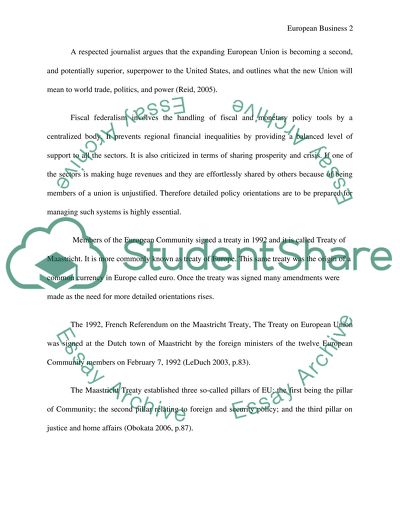Cite this document
(“European business Essay Example | Topics and Well Written Essays - 2500 words”, n.d.)
Retrieved from https://studentshare.org/environmental-studies/1415842-european-business
Retrieved from https://studentshare.org/environmental-studies/1415842-european-business
(European Business Essay Example | Topics and Well Written Essays - 2500 Words)
https://studentshare.org/environmental-studies/1415842-european-business.
https://studentshare.org/environmental-studies/1415842-european-business.
“European Business Essay Example | Topics and Well Written Essays - 2500 Words”, n.d. https://studentshare.org/environmental-studies/1415842-european-business.


